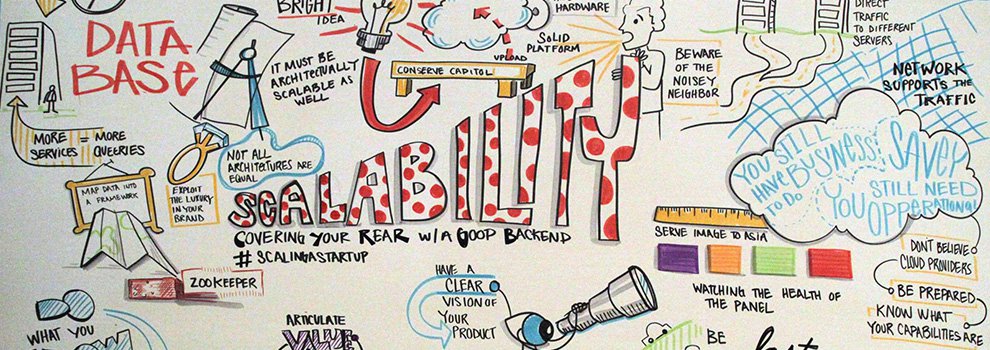Crucial Bitcoin Scalability Topics to be Discussed at New Scientific & Academic Workshops
“This is going to be the most important Bitcoin conference of the year,” said Warren Togami, Technical Project Manager of Blockstream and Scaling Bitcoin committee member. Judging by the scope and focus of these ambitious workshops, he might not be exaggerating.
The timing of the announcement on August 11 could not be more apt. On August 15, core developer Mike Hearn announced the launch of the Bitcoin XT hard fork, in a Medium blog post. In his post, Hearn asks, “Why can this dispute not be resolved in some more civilised manner than an outright split?” His conclusion? “Put simply, the decision making process in Bitcoin Core has broken.” The Scaling Bitcoin workshops appear to be poised to address this specific dilemma.
On September 12 and 13, the first of two Bitcoin scalability workshops will be held in Montreal, Canada. Hosted by CryptoMechanics, sponsored by about a dozen companies, and underwritten by Blockstream, Chaincode Labs, MIT Digital Currency Initiative and Chain, this first phase of proposals and presentations will focus on setting the stage for further discussions in phase two, which will be held in Hong Kong at a later date.
Billed as an inclusive and transparent forum for Bitcoin’s engineering and academic community — “No exhibit booths. No distractions.” — the workshops hope to “aid the technical consensus-building process,” removed from the emotional vitriol that has come to characterize much of the debate surrounding scalability and the future of Bitcoin.
“We have to take the politics and drama out of what needs to be a highly technical discussion,” says Togami. “We’re looking for science-based ideas with simulations and testing on how to improve scalability as a whole.”
Planning Committee Chair Pindar Wong of VeriFi (Hong Kong) Ltd., in an interview with Bitcoin Magazine, emphasized the need for “transparent, reproducible data — not opinion.” As such, the workshop committee is asking for presentation proposals. The goal is to allow for the consideration of a diversity of points of view, studies, simulations and proposals from around the world. These proposals will be presented using an academic structure.
“A lot of people are talking about scalability, and a lot of material is being produced,” said committee member Jeremy Rubin of MIT. “It’s hard for anyone to read everything and stay on top of all the ideas out there. This will give people an opportunity to be heard in an open and respectful environment.”
Togami agreed with Rubin, adding, “The issues are complex. Even experts can’t synthesize everything they hear in one day.”
This need for sober reflection and consideration is also the reason why the organizers insist that there will be no debates, and no decisions or pronouncements on scalability will be made during the workshops.In fact, the first workshop in Montreal will not be hosting sessions on the topic of any specific proposals involving changes to the Bitcoin protocol. It is intended to set the stage for phase two in Hong Kong where participants will share results from experiments performed as a result of phase 1 and discuss new developments.
The Bitcoin Scalability workshops’ commitment to openness, inclusion and transparency is evident in their attendance models. Early bird tickets are priced at $150 USD until September 3, but interested participants who are unable to travel to Montreal are invited to watch the livestream via IRC. Presenters also have the option of applying for a limited number of travel subsidies.
“This is not a bunch of people at a closed door meeting,” Rubin emphasised. He acknowledged that while in-person, face-to-face conversation is the most effective way to share information, it’s not always practicable. But organizers are trying to remove as many barriers to participation and inclusion as possible.
While there are opportunities to support the workshop through sponsorship or by becoming an event underwriter, Togami stressed another vital way that companies can support the workshops’ aims: “Send us your best engineers.”
Proposals for presentations can be submitted until September 12, 2015. The committee encourages prospective participants to post a paper, simulation results and source code or “whatever other type of research material” they have. However, they point out that publishing a paper is not required, provided there is an adequate presentation plan and summary. Their main goal is to ensure that all good ideas are given consideration.
“In the end,” said Wong, “everyone wants Bitcoin to scale and to succeed.”
For more information about attending a Scaling Bitcoin workshop or submitting a presentation proposal, visit the Scaling Bitcoin website.
Photo Robert Scoble / Flickr (CC)
This post has been updated to add information about Mike Hearn’s BitcoinXT proposal.
The post Crucial Bitcoin Scalability Topics to be Discussed at New Scientific & Academic Workshops appeared first on Bitcoin Magazine.



